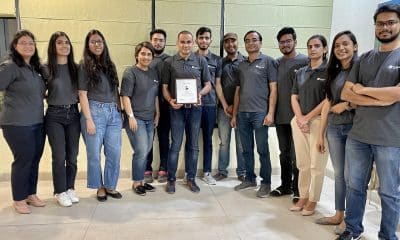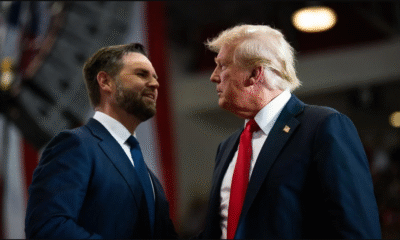Business
Toro Finserve launches USD 1 bn healthcare fund
Healthcare industry veteran Kapil Khandelwal’s Toro Finserve has announced the launch of its maiden healthcare fund with a USD 1 billion (about Rs 7,450 crore) commitment from investors, primarily hedge funds and healthcare industry players.
Khandelwal, who launched the country’s first quant (algo-based) hedge fund — EquNev-K1t Capital — which he later sold to the England-based Coleman Group in 2018, said the digital healthcare impact fund will make most of its investments to accelerate adoption of digital healthcare. Most of the funding commitments are from global hedge funds and from a few domestic healthcare industry players, Khandelwal told PTI on Friday, but refused to name them citing confidentiality.
Also read: India invites proposals from agri-startups, FPOs at Dubai Expo
The first investment should be done over the next three-four months, he added. Khandelwal, who has over 30 years of experience in the healthcare industry, launched Toro Finserve in 2020. He was previously associated with KPMG in Bahrain as a partner, headed the global healthcare division at Wipro, and was the managing director of Cisco’s healthcare business in the APAC and emerging markets.
As an entrepreneur, Khandelwal developed the country’s first asset-light day-care surgery chain, Nova Daycare Surgery Center; and as an angel investor funded several healthcare startups. He and was also instrumental in drafting the Rs 500-crore Biotech Ignition Grant policy with the Department of Biotechnology, under the Union Ministry of Science and Technology.
Khandelwal said even today most investments flowing into healthcare sector are concentrated in the top 20 cities, despite the pandemic forcing millions of employees and their families to move out from larger cities. This shows the urgent need to expand investment to a much broader healthcare landscape in small towns.
The fund will provide non-equity, long-term growth funding up to nine years to those in the healthcare industry which have been stalled or declared NPAs by their lenders. Even today there is liquidity crunch in the industry, Khandelwal said, adding the country needs around USD 360 billion to build a robust healthcare delivery system for all.









































